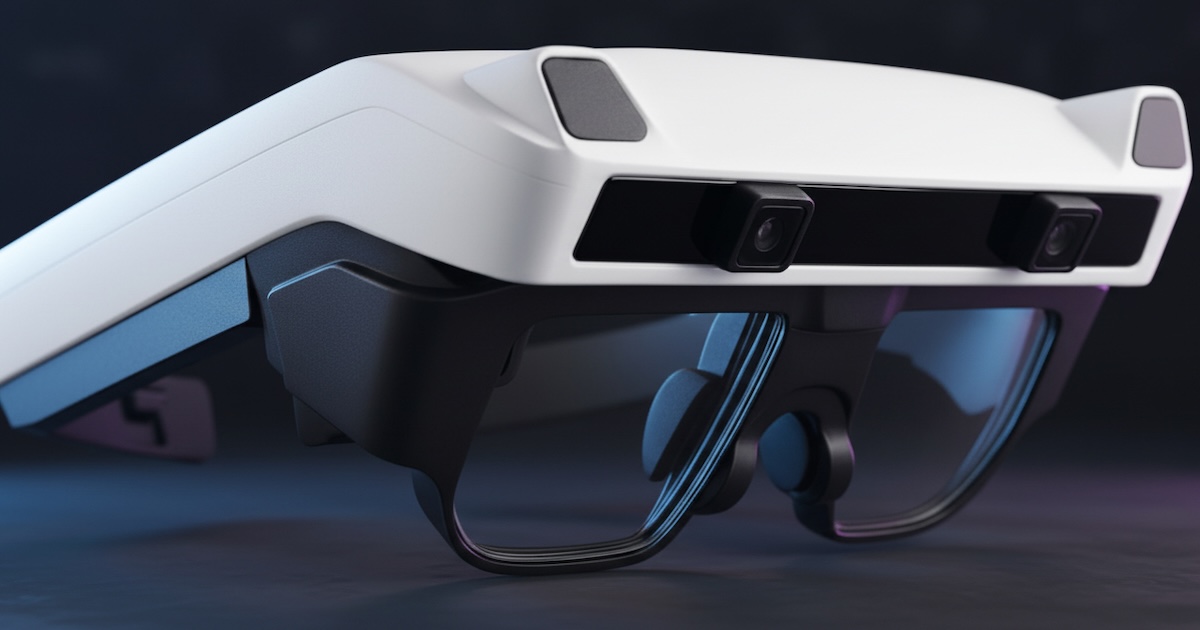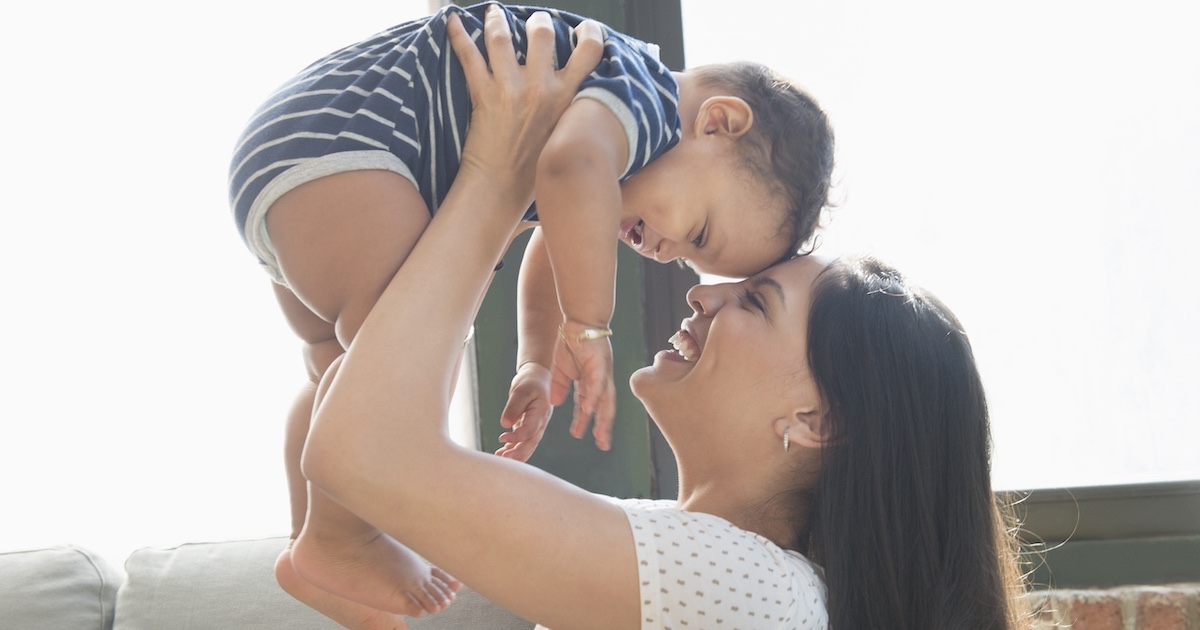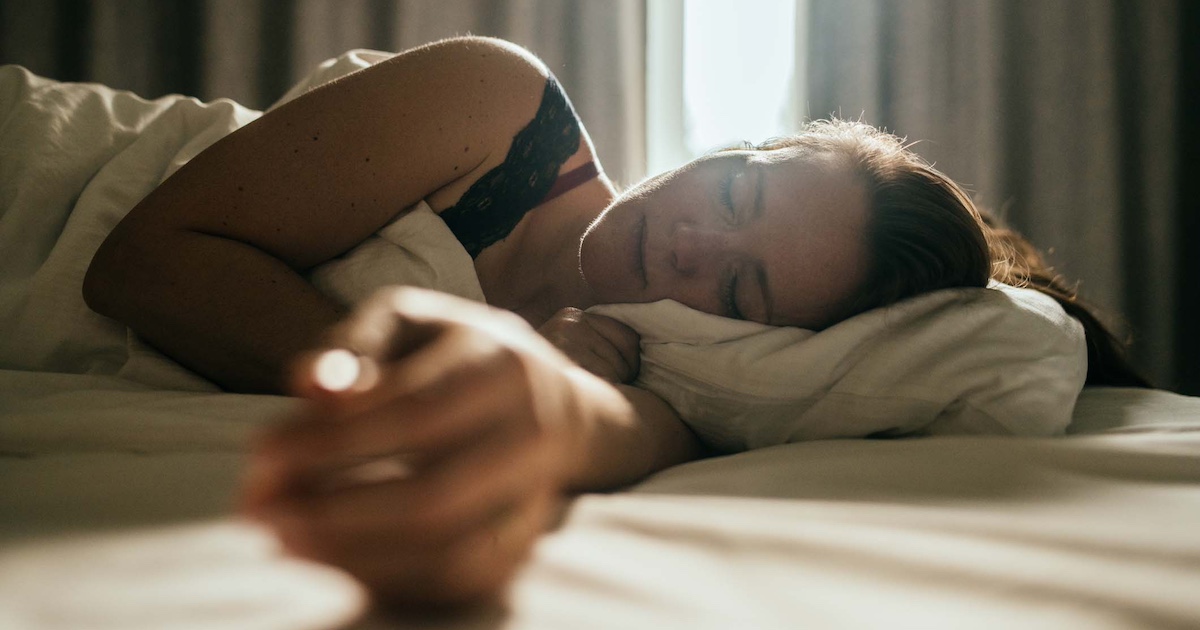The Department of Veterans Affairs is launching a new campaign to connect the nation's veterans with their healthcare records.
The VA recently announced mobile versions of the two most popular desktop applications in the My HealtheVet portal – the Summary of Care app and the Blue Button app. Both should be available soon in the VA's app store, which was established in 2012, and will likely be followed by several more apps as the department fast-tracks its mHealth efforts.
"We know that, at least in our pilot population, veterans wanted to have access on their mobile devices or use these applications to see their electronic health records," Neil Evans, the VA's co-director of connected health, said in a recent interview with Federal News Radio. "We've learned from our experience that My HealtheVet patients value seeing their personal health data. We've also learned that they value it on mobile device through our family caregiver pilot, so it seemed a logical next step to deliver that experience nationally to veterans."
Evans noted that the VA beta-tested eight mobile apps and is launching the two most popular first.
"The Summary of Care app really gives access to the electronic health record data," he said. "The mobile Blue Button gives access to the same data, but allows the veteran to create a PDF on the fly that they could share with another healthcare provider, for example, that they are seeing outside of VA."
While providers are slow to catch on to mHealth, Evans said the veterans themselves are pushing the trend.
"I'm definitely seeing some of my patients starting to use their mobile devices as a tool to keep track of their own personal health metrics," he told Federal News Radio. "I take care of quite a few diabetics. It used to be that all of my diabetics would bring in in a booklet or scrap of paper with their list of their finger stick blood sugars that they've checked. Now, probably 25 percent of the diabetics I take care of bring in their smartphone or a print out of a spreadsheet from their finger sticks that they've kept. I'm personally seeing a trend in my panel to using technology to keep track of health data, and I think healthcare can make that easier for patients by delivering applications that let them record their data, but also enhance the relationship with their provider."
Evans said the VA is putting more emphasis into the development of mobile apps, with interoperability a critical function.
"If we are creating a mobile platform, we have to make sure that platform has some consistency both for patients and our healthcare providers. That's why it's important to develop shared services, design standards and make sure this is a really well thought-out program," he said. "Governance has been stood up — we call it the Mobile Applications Governance Board — to really provide a comprehensive look at our mobile portfolio moving forward."
The VA has been active in mHealth initiatives for several years, and is currently piloting a program at 18 medical centers in which healthcare providers are issued mobile devices to track patient data. Officials say this and other telehealth programs run by the VA have helped reduce veterans' hospital stays by 58 percent and cut medical costs by some $2,000 per patient.
"What we see moving forward is that there is an interest in delivering care not just to folks who are dealing with multiple problems who might otherwise end up in a nursing home, but using telehealth applications through mobile devices to help patients manage their more garden-variety — for lack of a better term — chronic diseases, hypertension, managing their weight, keeping track of their diabetes or congestive heart failure," Evans continued. "There's a lot of potential for using mobility to help patients feel better connected to their healthcare team during that time when they are not with us at their healthcare facilities. To use mobile applications, maybe text messaging interventions and other tools to help patients manage their healthcare on a day-to-day basis, not just when they are coming to see us in the clinic."
Related articles:
Telemedicine: 'Strides and stangations' across U.S. states
Apple Watch: All hype or some hope for healthcare?
mHealth masters: Harry Greenspun, MD on the promise of applied analytics


